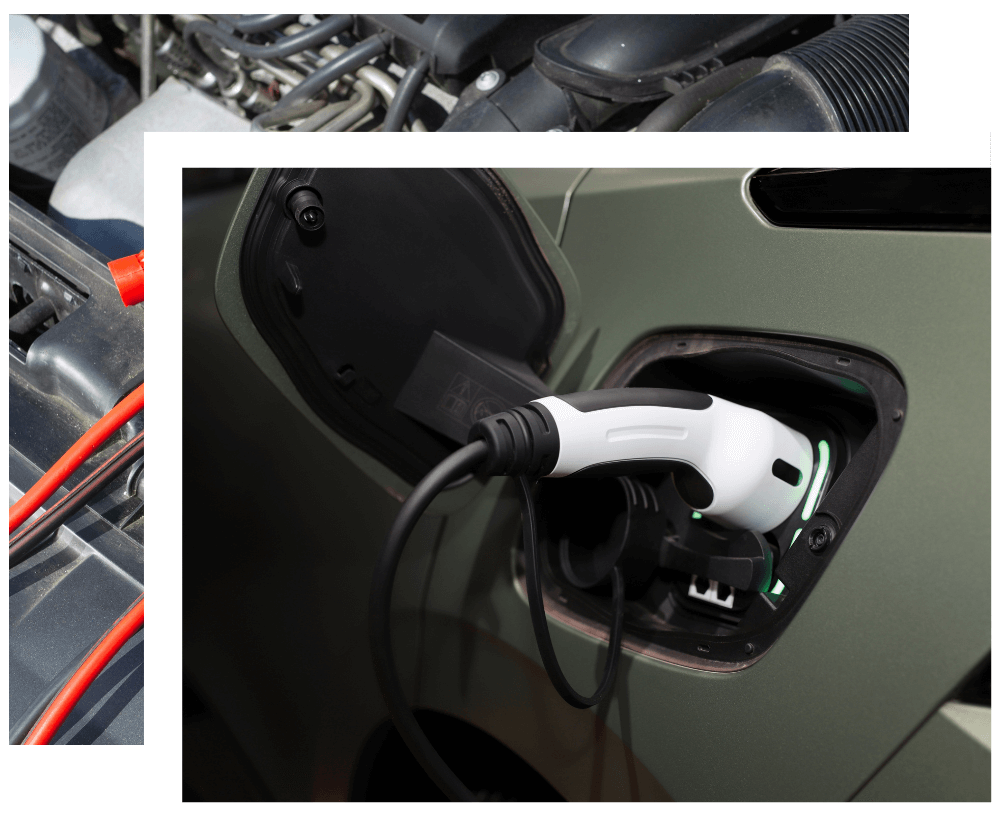EV Battery Recycling
For UK Businesses
Our team collects and recycles electric vehicle batteries for businesses across the UK.
This service caters to large volumes of EV battery waste.
This service caters to large volumes of EV battery waste.



